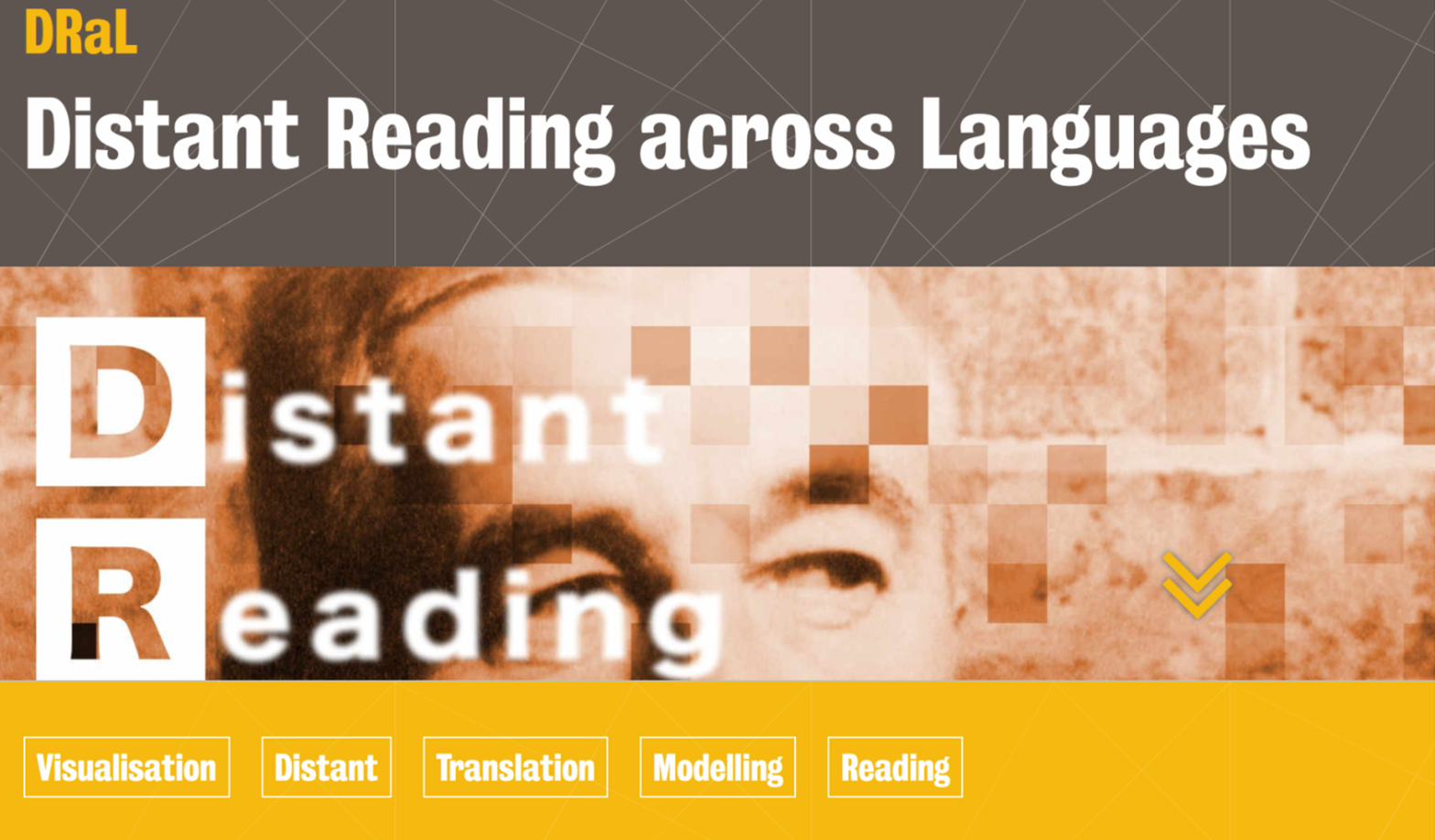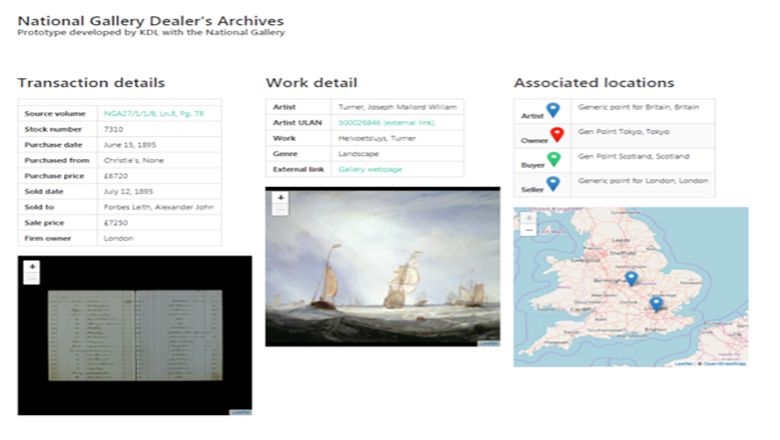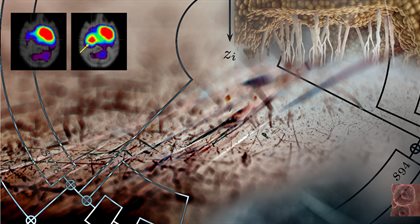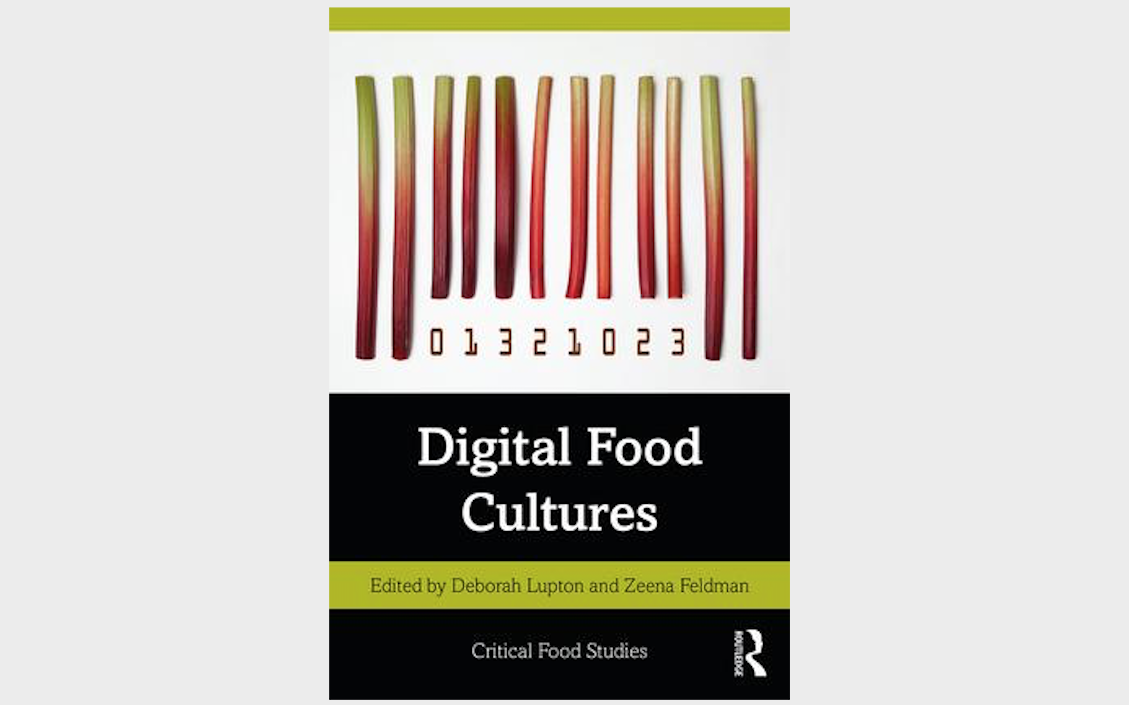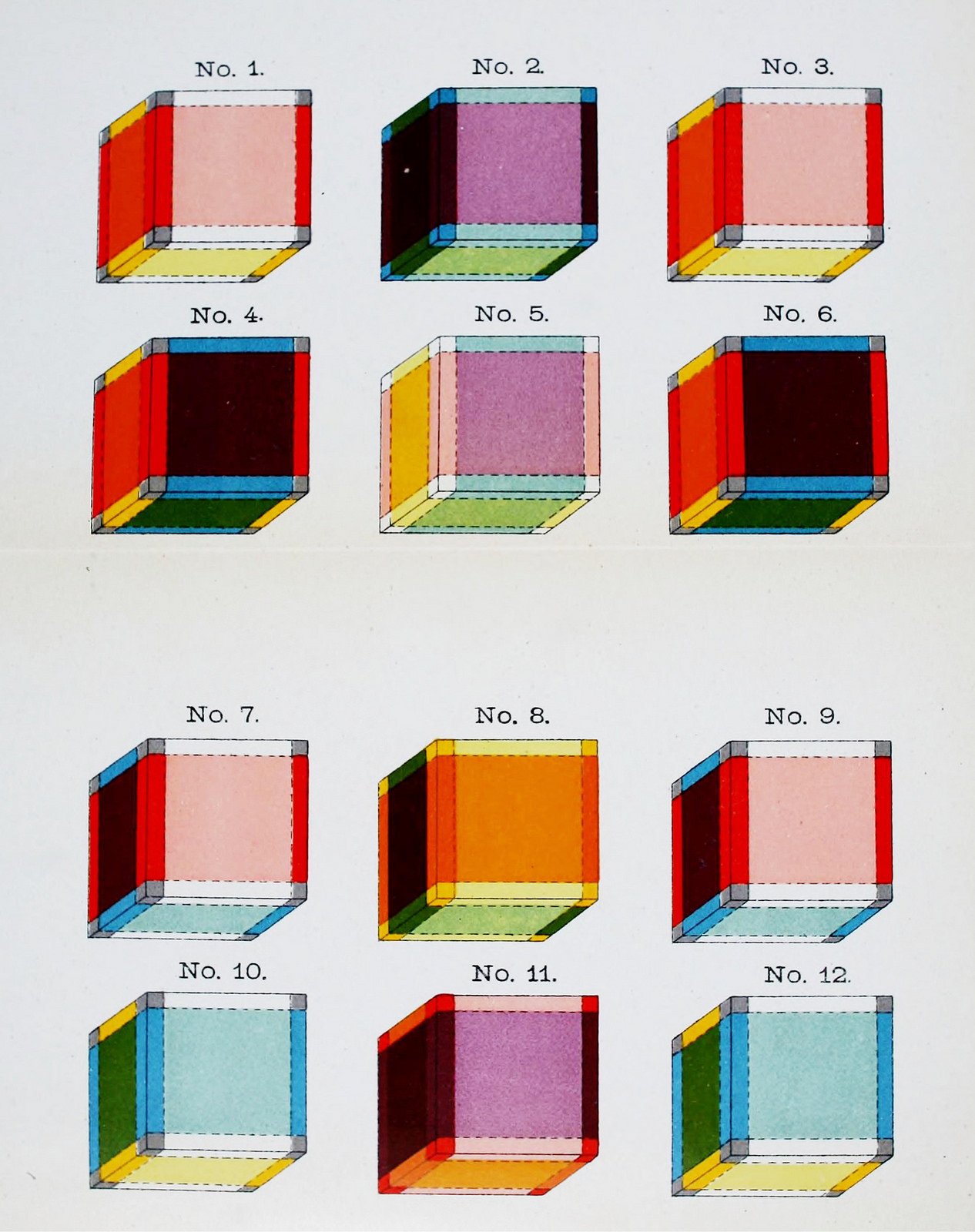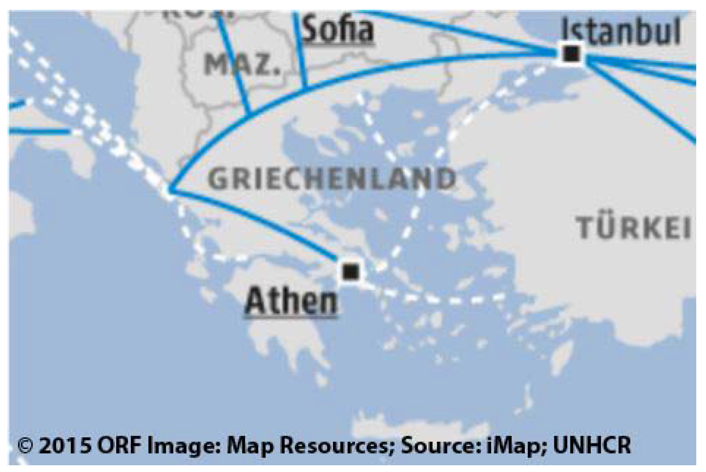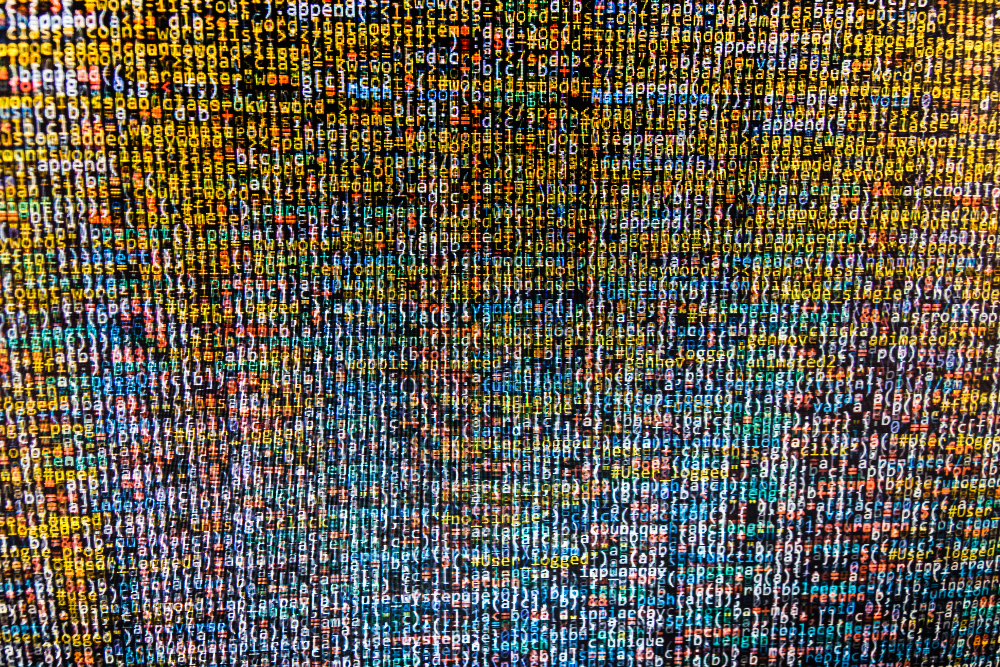Contemporary art institutions, much like cultural heritage museums around the world, face a process of deep transformation through digitalisation, except that for contemporary art institutions such a process ventures into the material foundations of the artworks themselves: digital technology has become a creative medium for artists, while most recently, Artificial Intelligence, especially machine learning (ML), …
Continue reading “Project | Creative AI: Neural Networks at the Gallery”


